Belonging at St. John’s
The aim of the education offered by St. John’s College is the liberation of the human intellect. This is an education for all, regardless of a person’s race, sex, national or ethnic origin, age, religion, disability, marital status, sexual orientation, or gender identity and expression. By reading great books and struggling together with the fundamental questions that they raise, students and their teachers learn from their differences and discover more deeply their shared humanity. In this and other ways, a diversity of background, ideas, and experience enriches our community of learning.
The St. John’s College community is made stronger by the breadth and depth of the voices in our classrooms.
It is uniquely St. John’s to eschew lectures and textbooks in favor of discussion and original ideas. In our model, the students around the seminar table ask questions of each other, share their thoughts, listen to others who may disagree with them, and emerge better communicators, thinkers, and citizens.
As the Statement of the Program says: “This is an education for all… By reading great books and struggling together with the fundamental questions that they raise, students and their teachers learn from their differences and discover more deeply their shared humanity.”
Because learning from our differences is a key component of the St. John’s experience, we welcome qualified students from all backgrounds to explore Great Books with us. Johnnies include:
- A wide variety of socioeconomic backgrounds. Over 20% of students are Pell Grant recipients, and more than 15 percent are the first in their families to attend college. St. John’s is ranked a “best value” among liberal arts colleges due to our affordability, which is made possible through a combination of need-based financial aid and merit scholarships.
- Students from different educational backgrounds, having attended public, private, and parochial high schools, earned their GEDs, or were homeschooled. Approximately 8% of students were homeschooled
- International students, who make up approximately 20% of the student body
- Students who come from various thought, religious, faith, and no faith backgrounds across a wide spectrum
- Students from a wide array of cultural and ethnic backgrounds, including approximately 30% who identify as students of color
- Military veterans and dependents
- Students of all sexual orientations and genders
- Students from nearly all 50 states, plus DC
- Aspiring writers, historians, scientists, lawyers, mathematicians, politicians, entrepreneurs, academics, artists, linguists, astronomers, musicians, athletes, and more
- Students of various political beliefs who want to share their ideas—and have them challenged—with peers interested in learning from each other
You can view the current freshman class profile here.
St. John’s Pritzker Promise Bridge Program takes place on both campuses and aims to prepare new Johnnies from all backgrounds to develop successful academic skills and study habits, access free guidance and support, and build strong relationships with faculty and peers prior to the opening seminar.
Clubs, Organizations, and Resources
Though Johnnies on both campuses follow the same Program of study, their interests, backgrounds, and beliefs are anything but homogenous. This is reflected in student clubs and organizations, each of which is open to all interested students. . If there’s an activity or organization that doesn’t yet exist at the college, students may launch their own.
A few of the many types of student-led groups include:
- Government & Politics: In addition to joining governing student bodies like the Student Polity Council and the Student Committee on Instruction, there are also organizations like Amnesty International, the Sustainability Club, Habitat for Humanity, and the Voter Registration Club which reflect a wide range of causes and positions.
- Culture: The St. John’s College community is bound together by our shared humanity and commitment to learning and inquiry. This includes a community which celebrates and learns from our differences, as well. Some cultural organizations include the Black Student Union, Pink Triangle, Johnnie Community Board, and the International Student Association.
- Religions & Spirituality: Although St. John’s College has no religious affiliation, we have many students, staff, and faculty from multiple faith traditions who form religious and spiritual clubs and fellowships. Some example clubs and fellowships include the Orthodox Christian Fellowship, Shammai, and Men’s and Women’s Christian Fellowships. Recent study groups include the C. S. Lewis Study Group, the Eastern Classics Study Group, and the Quran Discussion Group.
Other Resources
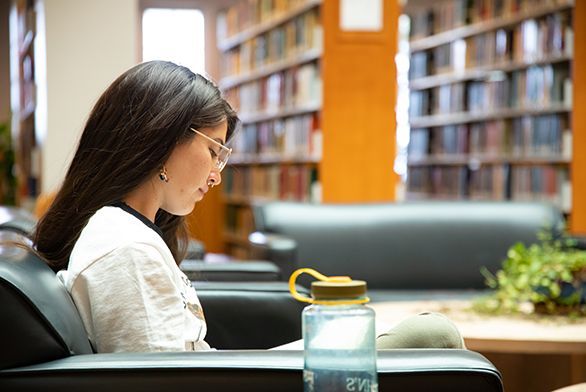
Pritzker Promise Bridge Program
The Pritzker Promise Bridge Program takes place on both campuses, aiming to prepare new Johnnies from all backgrounds to develop successful academic skills and study habits, access free guidance and support, and build strong relationships with faculty and peers prior to the opening seminar.
Read more about the Pritzker Promise Program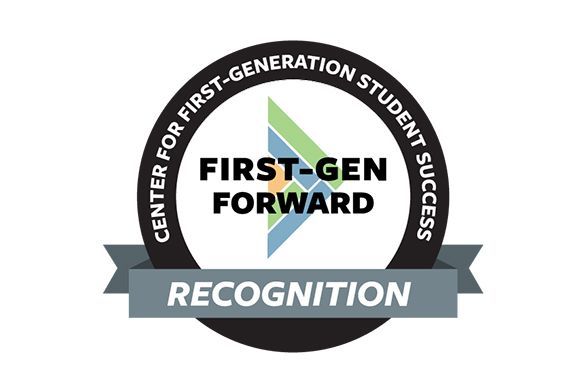
First-Gen Forward Designation
In 2021, St. John’s became the first New Mexico institution to be given the First-gen Forward designation, a recognition of our commitment to improving college experiences and academic outcomes for first-generation students.
Read more about the First-gen Forward designation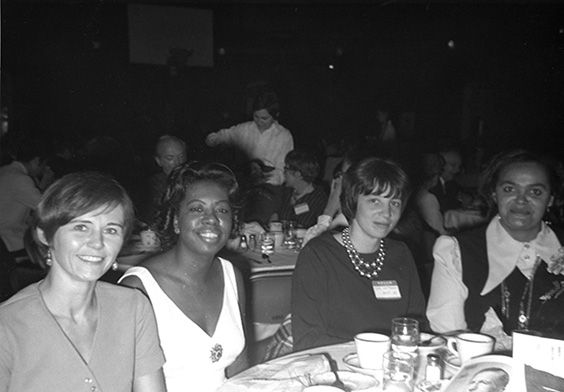
A Tribute to Joan E. Cole, Class of 1957
Joan Cole made history as one of the first Black women to enroll at St. John’s College. Cole was among the college’s “Magnificent Seven,” a self-described cohort of Black students who enrolled at St. John’s before the U.S. Supreme Court’s 1954 Brown vs. Board of Education decision that state laws establishing separate public schools for students of different races were unconstitutional.
Read more about Joan E. Cole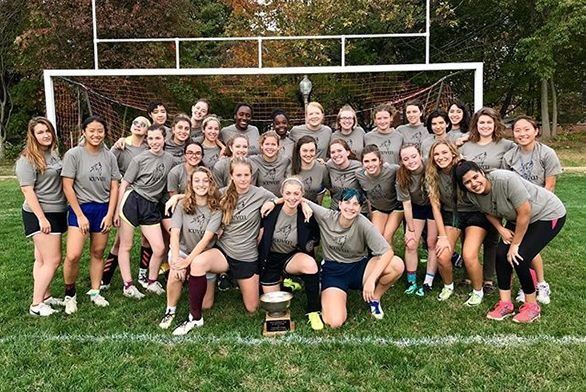
Title IX
As an institution of higher education, St. John’s College is committed to providing programs, activities, and an educational environment that is free from all sex-based discrimination.
Title IX and Sexual Misconduct Policies
Religious and Spiritual Life
St. John’s College has no religious affiliation, but it is a community that welcomes and includes students of all religious and spiritual backgrounds.
Spiritual Life in Annapolis Spiritual Life in Santa Fe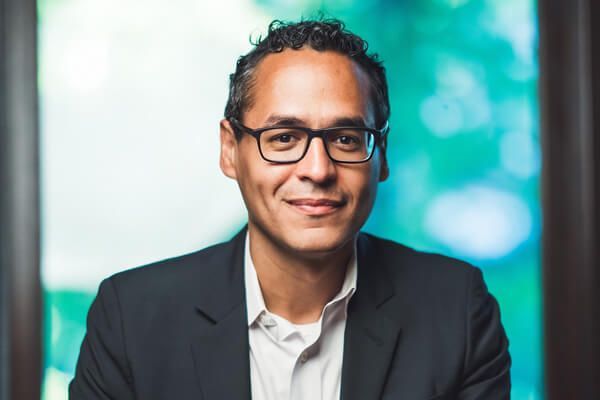
Co-curricular Programs
The college offers many co-curricular opportunities to hear from and study a rich array of thinkers, scholars, and authors. These include our Dean’s Lecture Series, preceptorials, study groups, and more.
Watch Dean's Lecture by Roosevelt Montás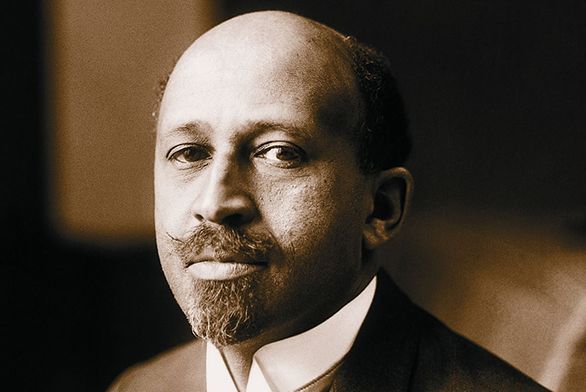
Du Bois Commemoration
In 1952, W. E. B. Du Bois delivered an historic lecture at the Annapolis campus, the only author in the college’s reading list to have spoken at St. John’s College. Both campuses commemorated the 70th anniversary of this important event by holding all-college seminars on the speech that he gave.
Watch a video about Du Bois’s lecture
